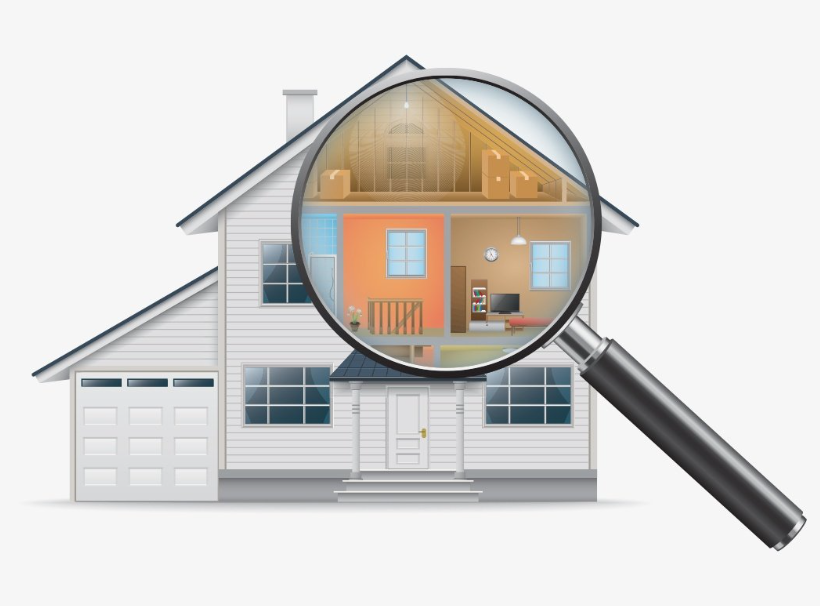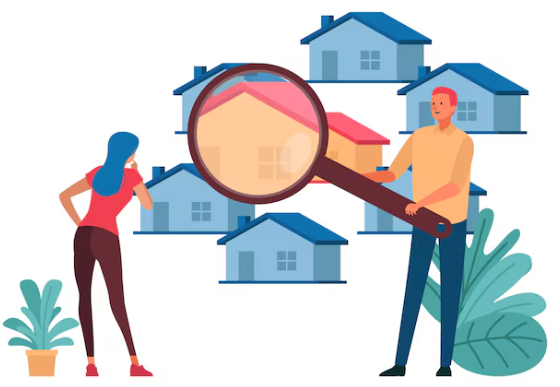Brini’s Guide: Why Does My Insurance Company Want To Inspect My House?
Insurance Company Want To Inspect My House
Why Does My Insurance Company Want To Inspect My House? Hey there! Okay, Hey! So, this morning was funny story time when I got one of those “seriously?! ” moments when I searched for 10 minutes for my keys, only to discover I was holding them. Ever been there? Life sure does give us little mind twisters. Speaking of puzzles, why does your insurance company want to look at your house? At first, this will annoyingly seem like an extra step in your way. “Why are they so nosy?” you might think.

But here’s the thing: home inspections aren’t just for their benefit — they can benefit you too! An inspection helps insurers evaluate the state of the property, spot potential hazards, and confirm your coverage is appropriate. It might even keep little problems from snowballing into big ones. Similar to your home getting a quick check-up!
So, get your favorite drink, and let’s solve this thing together. By the end of this guide, you will not only understand why insurance inspections occur but also feel more prepared to handle one like a pro. Trust me, this is a lot less daunting than it sounds. Ready? Let’s dive in!
Understanding Home Insurance Inspections
Insurance inspections may feel like an additional step, but they are essential for you and your provider. The main purpose is for risk assessment. Insurers inspect your property to determine if it’s safe and that your coverage matches your home’s actual state. “This can help identify potential problem areas, such as faulty wiring, a leaky roof, or structural concerns, that might contribute to costly claims down the line.”
By discovering these risks at the outset, the insurer safeguards against unexpected payouts, and you get the opportunity to address minor issues before they turn into disasters. Home maintenance is like a check-up on your health. Dealing with a small roof repair now, for example, will avoid an expensive water damage claim later.
In the end, inspections are not so much to pry into your life as to allow mutual trust. Insurers want to offer accurate coverage, and you want to sleep easier knowing your home is secure and insured. This works out for both parties: the insurer mitigates risk, and you obtain safer, more secure coverage.

So, next time you have an inspection scheduled, don’t worry. It’s a chance to protect your property and make sure your policy is tailor-fit. A small collaboration today means a lot less headaches tomorrow!
Why Does My Insurance Company Want To Inspect My House And What Do Inspectors Look For?
Why Does My Insurance Company Want To Inspect My House? An insurance inspector doesn’t visit your property to nitpick; they check key areas that affect the safety and integrity of your home. They look at structural components such as the roof, foundation, and walls to make sure everything is sturdy and intact.
They then scrutinize potential safety hazards. Older things like electrical systems, plumbing leaks or poor fire safety measures may increase your chance of needing to make a claim. Tracking these risks allows you and the insurer to address potential problems.
The inspection also verifies information regarding your property. As one example, the inspector may verify your square footage or evaluate any additions or improvements you’ve done to the house. This guarantees your insurance policy is correct and pays true value on your property.

Keep in mind this is not just for the insurance company’s benefit — it’s for you as well! An inspection can reveal problems you didn’t realize you had, allowing you to fix them before they turn into expensive headaches. This is about working out a win-win situation — your home remains protected while your policy stays equitable.
By understanding what is checked during the inspection, you can get yourself ready ahead of time to help the process go smoother and make sure that you and your insurer are on the same page.
Types Of Inspections
There are 2 common types of home insurance inspections: Exterior-Only Inspections and Interior & Exterior Inspections. And they serve different purposes, allowing insurers to examine the health and risks of your property.

Exterior-Only Inspections
Their Exterior-Only Inspections are quick and non-invasive. Inspectors then perform an exterior inspection of your home, looking at factors such as the roof, siding, foundation, and landscaping. They look for visible problems like damaged shingles, cracks in walls, or overgrown trees that can cause hazards. These checks are frequently used for new filings or renewals when a full-blown review isn’t required. You know you’re what your home looks like on the outside they appear structurally sound while finding any hazards.

Interior & Exterior Inspections
Besides checking the outside, inspectors go into your home to check the inside. They look for safety hazards such as faulty wiring, plumbing leaks or indications of water damage. The structural elements, like the walls, ceilings, and flooring, must also be inspected. These inspections are routine for older homes, new insurance applications or homes undergoing major renovations.
Both of these are designed to help protect your property and verify that your policy is accurate. Exterior-only inspections provide a fast overview, but full inspections are far more holistic to help you keep your home safe in and out.
How To Prepare For An Inspection?
- Repair leaks, replace broken fixtures, and patch small cracks in walls.
- Make sure nothing is broken that will cause people to complain.
- Declutter and organize all areas so that the inspector has easy access to everything.
- Ensure that all sections, both externally and also internally, are blockage-free.
- Rearrange furniture or other objects obstructing access to important spaces, such as the attic, basement, or HVAC units.
- While cleaning yards and keeping the inspector access to the outside of the house.
- Gather records, like renovation permits, maintenance records, and receipts for major upgrades.
- These documents are your proof of your home’s condition and improvements.
- Check smoke detectors, carbon monoxide detectors, and fire extinguishers are working.
- Keep electrical panels easily accessible and ensure they’re in working order.
- Familiarize yourself with your current policy and clarify areas covered with the inspector.
- Keep in mind any exclusions or requirements that could impact the inspection.
- Prepare to field questions about the age and condition of the home, any recent repairs or plans for improvements in the future.
Conclusion
Why Does My Insurance Company Want To Inspect My House? So there you have it, the lowdown on why insurance companies inspect your house. It’s not so much about being nosy, as creating a safety net for you and your home. These inspections help to ensure your policy fits your property’s real-world needs, reducing risks and enhancing coverage.
It’s like this: you’d want to know if there was a minor problem now before it turns into a huge (and costly) problem later, right? The checks pay off, whether it’s finding a leaky pipe or making sure your wiring isn’t an ember hazard.
When you’re next told about a forthcoming inspection, don’t panic. It can start by clearing up visible issues and getting your documents in order. If you do it, the process may teach you more about your home than you knew you wanted to learn.
Keep in mind that home insurance is more than a contract — it’s peace of mind. And inspections? They’re simply part of helping you get that exact thing.”
FAQ
Not always, but most will for new policies or if your home has changed.
Insurers might ask for repairs or change your policy.
Typically yes, for interior inspections. You may not be needed for exterior-only checks.
Yes, but it can affect your coverage or approval of the policy.
They might, if new risks are found or solving problems shrink them!

